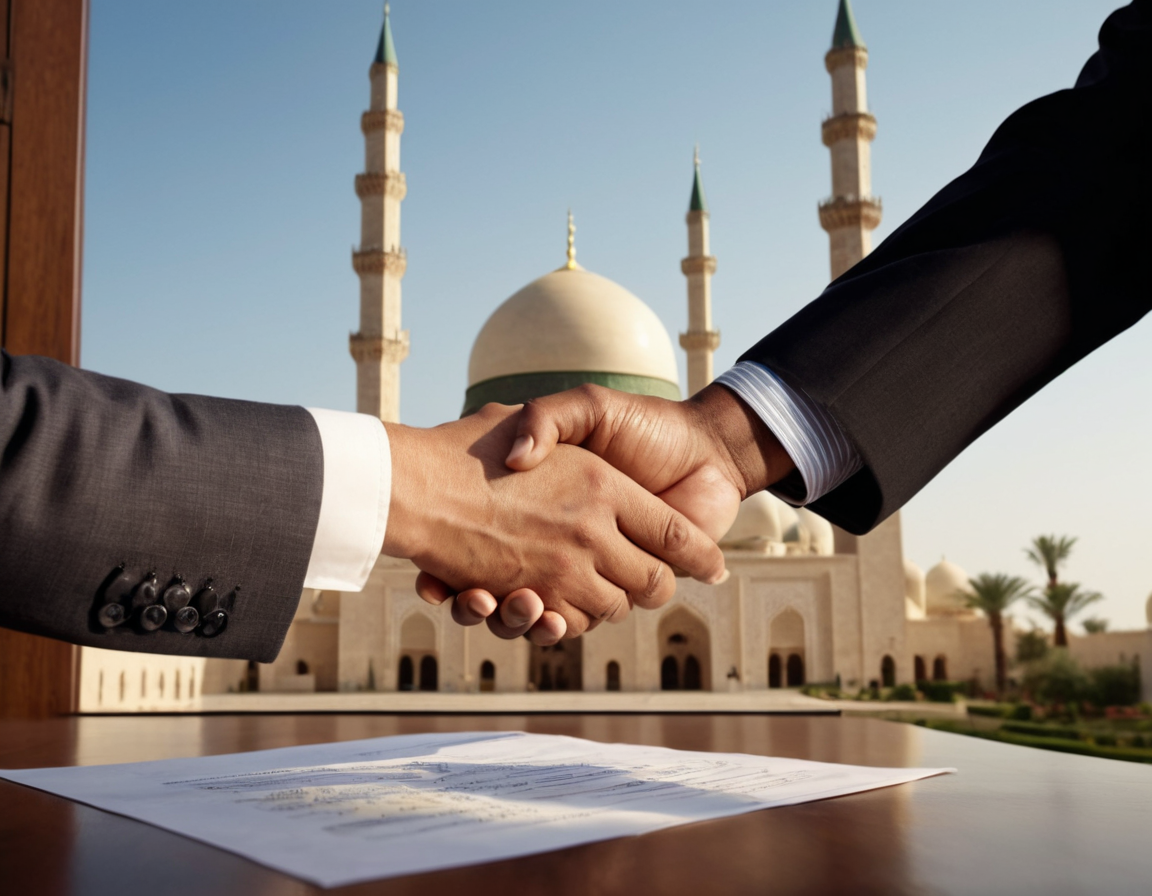Introduction
Mudaraba, as a financial instrument, is not only theoretical but is also actively used in modern Islamic financial institutions. In this article, we will delve into the practical aspects of using mudaraba, examine examples of its application, and explore how this instrument adapts to modern economic conditions.
The Role of Mudaraba in Islamic Banking
In Islamic banks, mudaraba is one of the main financial products offered to clients for investment. For example, an Islamic bank may offer its clients the opportunity to invest in a project managed by the bank. The clients act as investors (rab al-mal), while the bank is the manager (mudarib). If the project is successful, the profit is distributed according to a pre-established ratio. This can include investments in various sectors such as real estate, trade, agriculture, or other projects.
Example of Mudaraba Application: Investment Funds
Islamic investment funds often use mudaraba to raise capital. The fund collects money from investors and manages it to implement certain projects or investments. For example, the fund may invest in commercial real estate development, infrastructure projects, or innovative startups. If the project is successful, the profits are shared between the investors and the fund manager. It is essential that such funds follow Shariah principles and exclude any forms of riba or speculation.
Mudaraba in the Stock Market
Another example of mudaraba application is the Islamic stock market. Within this system, stocks and bonds can be issued based on the principles of mudaraba, where investors receive profits depending on the success of the company. This creates transparent and fair conditions for all market participants.
Challenges of Applying Mudaraba
Despite the fairness and ethical nature of this instrument, there are several challenges in its application. The main problem lies in the possibility that the mudarib, who manages the capital, may abuse the trust if proper controls and transparency are not in place. To prevent such situations, modern Islamic financial institutions implement strict control mechanisms, reporting, and Shariah compliance.
Conclusion
Mudaraba is a versatile tool that can be applied in various sectors of the economy, from real estate investments to trade and the development of innovative projects. Its main advantage lies in the fair distribution of risks and profits, making it attractive to investors seeking ethical investments. In the next article, we will examine the future prospects and challenges for further development of mudaraba in the context of globalization and the digital economy.


